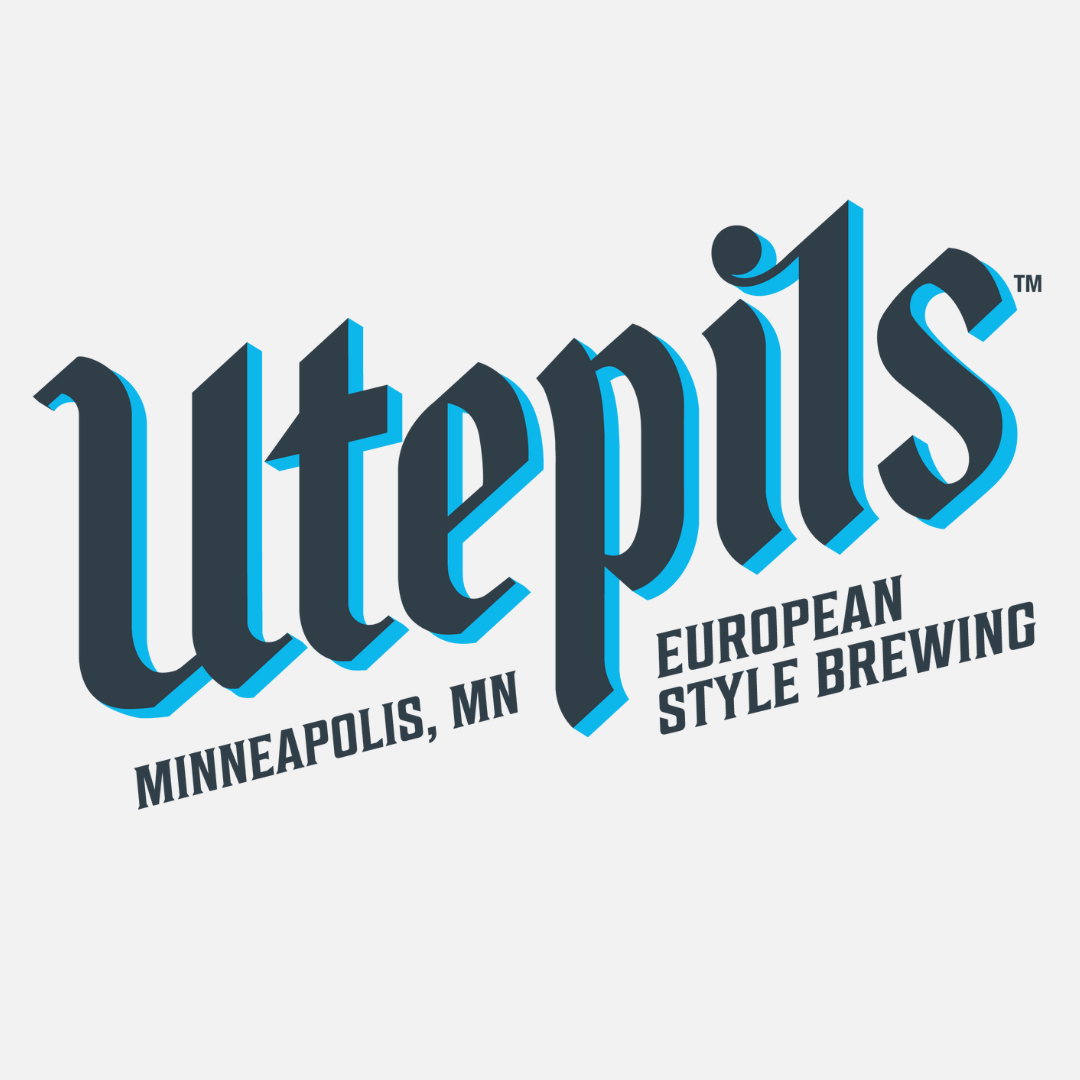We envision the Trailhead surrounded by buzzing pollinators, the sounds of birdsong and wildlife, hillsides of native wildflowers and prairie grass, and the shade of ancient oak trees.
Habitat Stewardship
The land of north Theodore Wirth Park features remnant oak savanna, woodland, prairie, wetland, and Ȟaȟa Wakpadaŋ (Bassett Creek). To restore the beauty, diversity, and wildlife value of these native habitats, Loppet and partners MPRB and NatureWerks have developed a habitat restoration and stewardship plan. This plan builds on Loppet’s value of responsible stewardship of the land and our mission: connecting people to the outdoors through experiences that grow community.
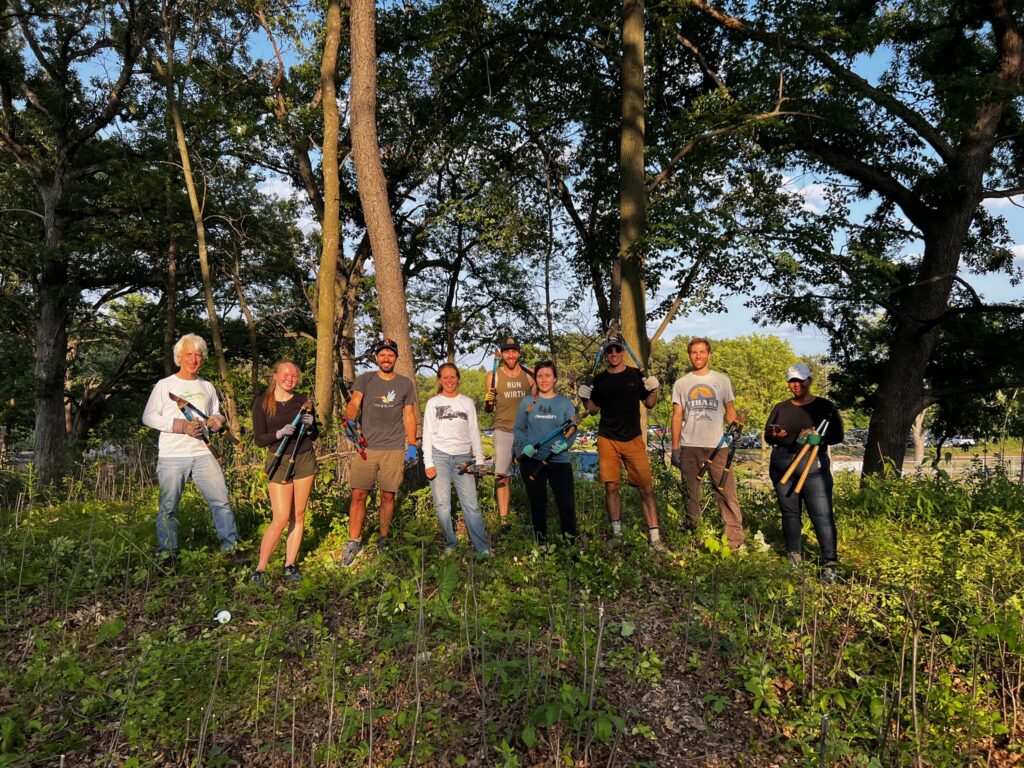
Get Involved
Join LEAP (The Loppet Foundation Environmental Action Project) to remove invasive species, including buckthorn, in Theodore Wirth Park. We’ll meet in front of The Trailhead at 5:30 PM and work until about 7:00 PM. Volunteer activities include cutting, pulling, and hauling buckthorn and other invasives. No experience is necessary. All volunteers 21+ will receive a BOGO coupon for Utepils Brewing courtesy of Utepils Brewing.
Official Beer Partner
Loppet Stewardship Plan Goals
- Create areas of aesthetic beauty that cultivate beauty and nature connection for park users while improving sight lines and safety.
- Restore diversity of native plants and heterogeneous habitat structure – vegetation at various densities and heights.
- Promote high-quality habitat for wildlife, birds, and pollinators.
- Increase erosion control, water quality, carbon storage and climate resilience.
- Provide educational opportunities and raise community awareness of the natural and cultural history of savanna, prairie, & woodland ecotypes.
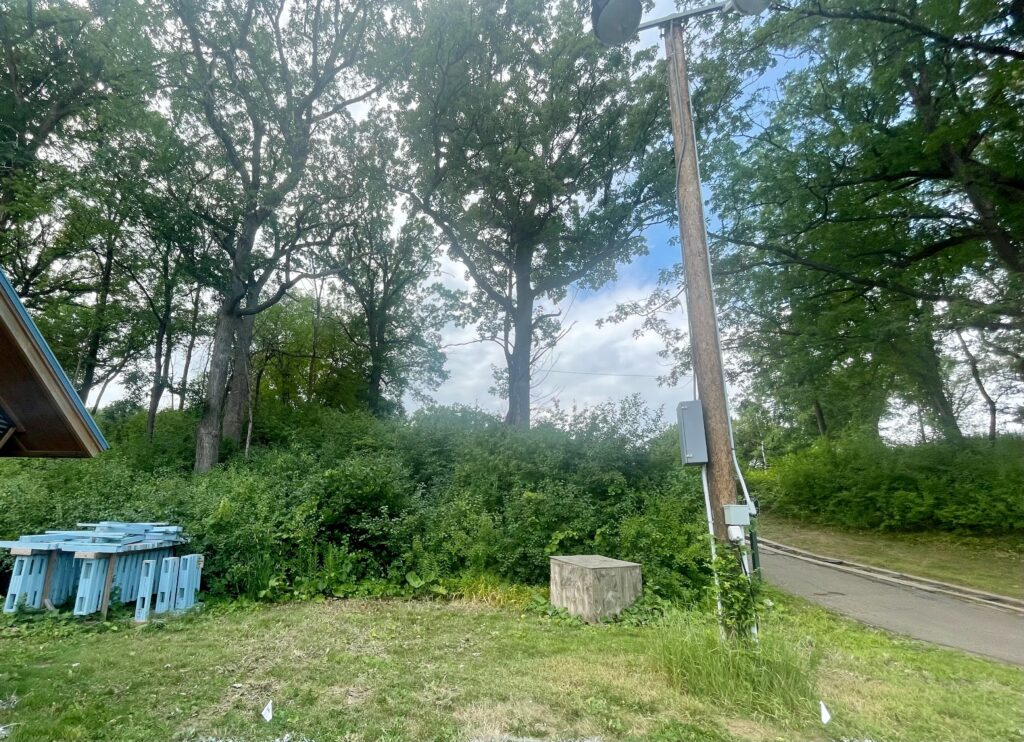
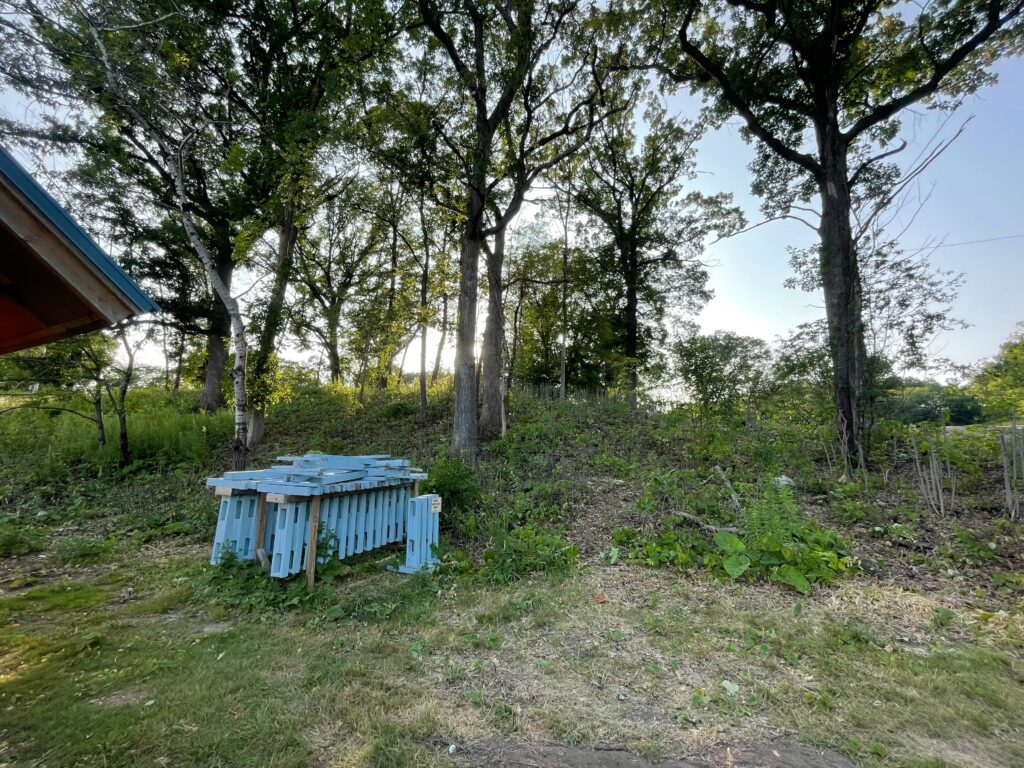
One of the most rewarding parts of restoration is removing weedy species like buckthorn and finding that native wildflowers are growing from seeds that have been in the soil for decades, maybe over a century!
Stewarding an Endangered & Culturally Significant Landscape
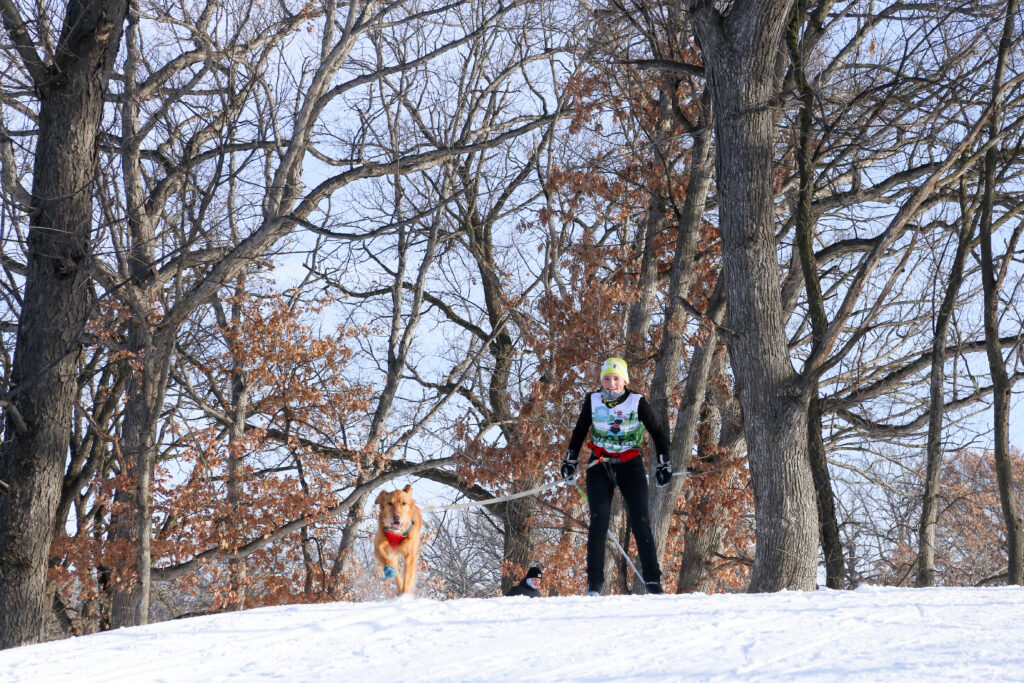
Prior to European settlement much of Theodore Wirth Park, including the area around The Trailhead, was part of an oak savanna ecosystem that covered 10% of Minnesota. In savannas, widely branching oak trees checker an open landscape of prairie grasses, flowers, and shrubs, providing cooling shade and breezes to keep away biting bugs.
Slow growing oaks are arguably the most important tree for wildlife thanks to the shelter and food they provide. Acorns feed 100+ different animals and one tree can host 800+ species of caterpillars that metamorphose into pollinators and provide food for birds and other wildlife.
Many of the oaks surrounding Trailhead predate European settlement and oak savannas existed throughout Minneapolis because of human cultivation. The Dakota and other indigenous people valued the oak and prairie landscape and maintained it through fire. Where most trees succumb to wildfire, fire-resistant oaks and prairie thrive through this disturbance.
For the Dakota, regular use of fire to manage the landscape cultivated the growth of desirable plants and the presence of game animals for food. Research conducted by University of Minnesota suggests that without this use of fire as a tool for land management, much of Minneapolis would have been big woods rather than oak savanna. Today, due to fire suppression and human development, less than 1% of this
culturally significant ecosystem survives.
Loppet Environmental Action Project
Loppet Environmental Action Project (LEAP)
LEAP’s aim is to ensure that the Loppet Foundation has a positive impact on our community and world by minimizing emissions and waste while practicing and advocating for a culture of responsible stewardship of our natural resources.
Led by a collaborative group of Loppet staff and volunteers, LEAP contributes a critical lens over the broader organization to evaluate our current standards, and create actions to improve and ultimately be a leader in sustainable, nature-forward practices.
LEAP has created four different big picture categories that members can serve on and specialize in:
- Energy/Infrastructure
- Waste
- Habitat Restoration and Land Stewardship
- Culture and Education
To get connected to the work of LEAP please contact Andrea Bidelman at bidelman@loppet.org
LEAP Initiatives
- Plans for solar panel installation at the Trailhead and Dowling Avenue location
- Pursuing funding for a formalized plan to lower emissions
- Stewardship/Habitat Restoration
- Saving and supporting the Oak savannah in land adjacent to the Trailhead
- Invasive Species removal – Volunteers needed for weekly Tuesday Habitat Restoration!
- Native plant species cultivation
- Loppet Events sustainability efforts
- Reuse and recycling of over 2000 cloth ski bibs per year
- Awards partner plants a tree for every item purchased
- Waste is sorted and weighed at all Loppet events
- Reinforce Minneapolis Parks and Recreation Board fluoro wax ban on ski trails via informational signage and fluoro wax collection
LEAP Partnerships
- The Loppet has established partnership with Green Cities Accord for carbon offsets, with a special focus on planting and maintaining trees in Theodore Wirth Park
- Offset purchasing has been integrated via registration for all Loppet programming and events
- The Trailhead served as Earth Day clean-up hub for Minneapolis Parks and Recreation Board
- Pursing EV Charging stations to be installed in Trailhead parking lot
2024 LOPPET CUP SUSTAINABILITY RECAP
- Sustainability: a pillar for the planning and execution
- Infrastructure items purchased with long term use as a priority
- Sustainable waste management in effect:
- Green Team Volunteers recruited to insure proper waste sorting
- Waste contractor onsite ensured disposed items were sorted into the appropriate trash, recycle, or compost containers
- Food vendors required to ensure all serveware were recyclable or compostable.
- Beverage management efforts
- rCup– Reusable cups
- Canned water vs plastic bottles
- Spectator water bottle refill stations
- Polestar EVs – official vehicle fleet
- Education
- Save our Winters session
- Xcel Climate panel talk hosted by Bill McKibbon
